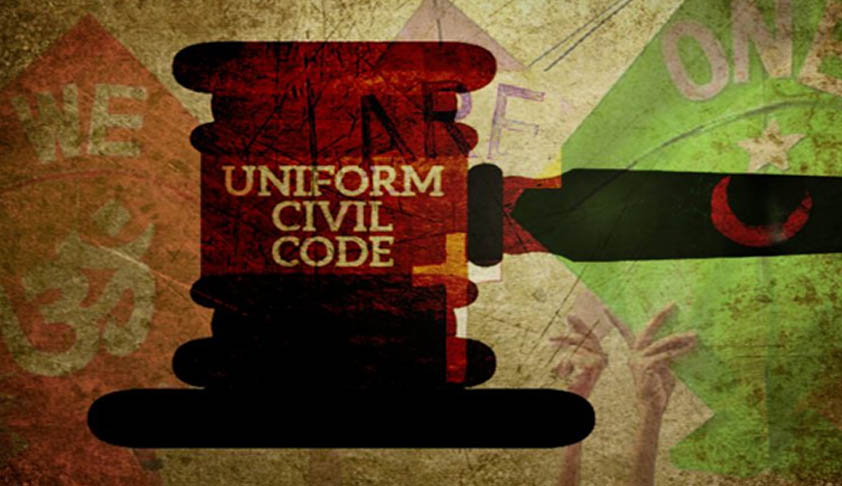Law Commission Says UCC Neither Necessary Nor Desirable At This Stage
Apoorva Mandhani
1 Sept 2018 12:02 PM IST

Next Story
1 Sept 2018 12:02 PM IST
On the day its term came to an end, the Law Commission of India released a Consultation Paper on ‘Reform of Family Law’.It may be recalled here that LCI had taken up the examination of the viability of a UCC on the Centre’s request to look into the issue in detail and submit a report. Thereafter, in October last year, it had sought public opinion on the exercise of revision and reform...
